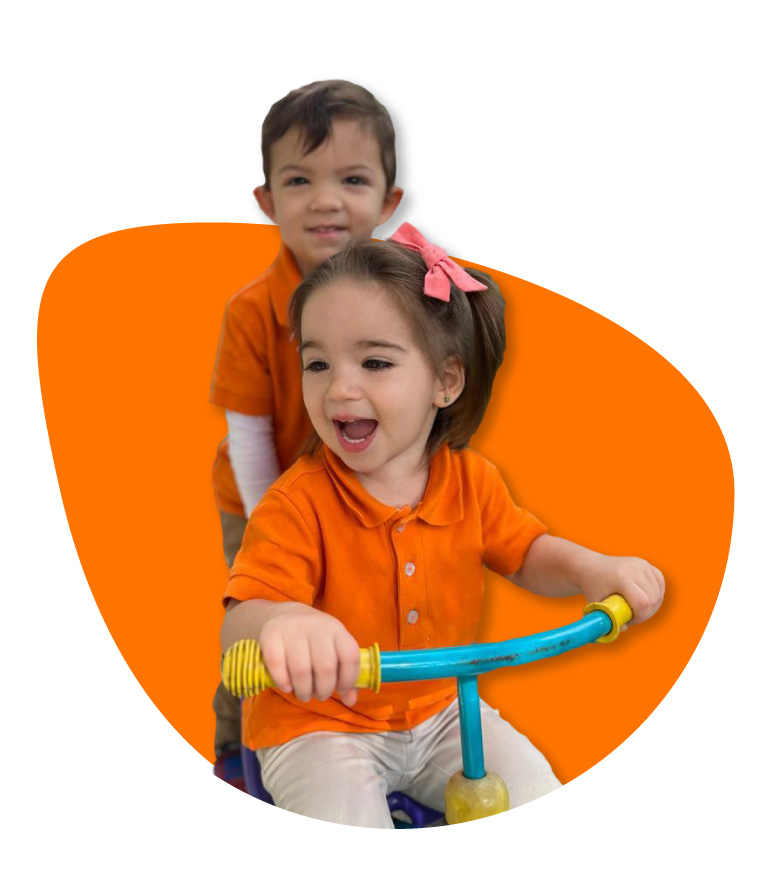
A transformational approach to learning and development
We believe that children should be protagonists of their learning process. Therefore, their contributions, ideas, feelings, and creations are valued and documented. We seek to support them through a holistic development process that encourages analytical, critical, and creative thinking and allows them to reach their potential, improve comprehension, and be ethical, responsible, participatory, and happy global citizens!
Our school follows the VESS educational model, an international and bilingual model centered on nurturing individuals who can adapt and respond to a world in permanent evolution. VESS is an Spanish acronym that stands for “Vida Equilibrada con Sentido y Sabiduria” – Meaningful Life with Balance and Wisdom. It is based on neuroscience principles that center learning on the development of the whole child through hands-on experiences, multi-sensory exploration, thinking-based teaching strategies, a strong family-school partnership, and making children active participants of their learning process.
Our goal is to build a Culture of Thinking in our schools, in which autonomy is valued and promoted, thinking skills are nurtured, community is embraced, and each child lives and learns with purpose, balance and wisdom.
VESS nurtures Meaningful lives with Balance and Wisdom.
Meaning
When children understand the purpose behind their actions and experiences, it ignites their curiosity, drives their autonomy, and fosters positive relationships with themselves and those around them. This sense of purpose forms the cornerstone of their motivation and daily well-being, now and as adults, as it provides them with a sense of direction and fulfillment in every moment of exploration, learning, and growth.
Balance
Starting at birth, the journey of human development begins, encompassing a holistic approach to growth. Every facet of development—be it emotional, intellectual, spiritual, physical, cognitive, or social—is integral for a child’s adaptation and success within society. Additionally, achieving harmony with the external world—through interactions with others, living beings, and the environment—is equally essential. Through nurturing both internal and external balance, early childhood lays the groundwork for a fulfilling and harmonious life journey.
Wisdom
In the early childhood philosophy of VESS, every child is viewed as an active citizen with the capacity to make meaningful contributions. The primary objective of education is to empower individuals to realize their full potential, enabling them to enhance their own lives and positively impact others in any given circumstance. Central to this goal is the acquisition of higher-level thinking skills, equipping children with the ability to make informed and thoughtful decisions about their words, actions, attitudes, and thoughts. By instilling these principles early on, the educational process fosters a sense of responsibility and conscientiousness, preparing children to navigate the complexities of life with wisdom and empathy.
Meaning
When children understand the purpose behind their actions and experiences, it ignites their curiosity, drives their autonomy, and fosters positive relationships with themselves and those around them. This sense of purpose forms the cornerstone of their motivation and daily well-being, now and as adults, as it provides them with a sense of direction and fulfillment in every moment of exploration, learning, and growth.
Balance
Starting at birth, the journey of human development begins, encompassing a holistic approach to growth. Every facet of development—be it emotional, intellectual, spiritual, physical, cognitive, or social—is integral for a child’s adaptation and success within society. Additionally, achieving harmony with the external world—through interactions with others, living beings, and the environment—is equally essential. Through nurturing both internal and external balance, early childhood lays the groundwork for a fulfilling and harmonious life journey.
Wisdom
In the early childhood philosophy of VESS, every child is viewed as an active citizen with the capacity to make meaningful contributions. The primary objective of education is to empower individuals to realize their full potential, enabling them to enhance their own lives and positively impact others in any given circumstance. Central to this goal is the acquisition of higher-level thinking skills, equipping children with the ability to make informed and thoughtful decisions about their words, actions, attitudes, and thoughts. By instilling these principles early on, the educational process fosters a sense of responsibility and conscientiousness, preparing children to navigate the complexities of life with wisdom and empathy.
• Children are active and valuable citizens of our community
• We learn for the real world
• Every facet of development is integral for a child’s adaptation and success within society — be it emotional, intellectual, spiritual, physical, cognitive, or social
• Learning is built, not taught
• Positive emotions and multisensory experiences are necessary for learning to happen
• Higher-level thinking skills can be developed with practice and through the right strategies; they are the central goal of education
• A school-family partnership is crucial for the success, wellbeing and development potential of each child
• Learning autonomy
• Global citizenship
• Innovation and creativity
• Higher-level thinking skills
• Scientific and mathematical mindset
• Inquisitiveness
**See full details on how we develop each of these in each age group here
• Independence
• Creativity
• Passion
• Gratitude
• Respect
• Empathy
• Inquiry
• Collaboration
• Tolerance
VESS is a visionary Educational Model which brings together the best educational approaches and research in the world, thoughtfully integrating them together. VESS bases all its theory and practice on the latest research and findings in neuroscience and neuroeducation – science disciplines that study how the brain functions when learning and how to best transfer these findings into classroom practices. Some of these findings include:
• The importance creating positive emotions through learning experiences
• The power of surprise and awe to ignite learning
• The need for children to feel physically and emotionally safe and valued in order for any learning to happen
• The child at the center of learning experiences – creating learning experiences based on children’s interests
• Seeing teachers as guides rather than owners of knowledge
• The development of high-level thinking skills as the main learning outcome that we seek in education
VESS invests strongly in teacher training and development and family education so that a true school-family partnership exists towards each child’s maximum wellbeing and development.
The VESS Curriculum includes monthly modules strategically designed to:

Connect children to real world content

incite curiosity and exploration

promote questioning and a desire for deeper understanting

Nurture Higher –
level thinking skills

Ensure deep comprehension of academic content

Develop empathy and expose to multiple perspectives
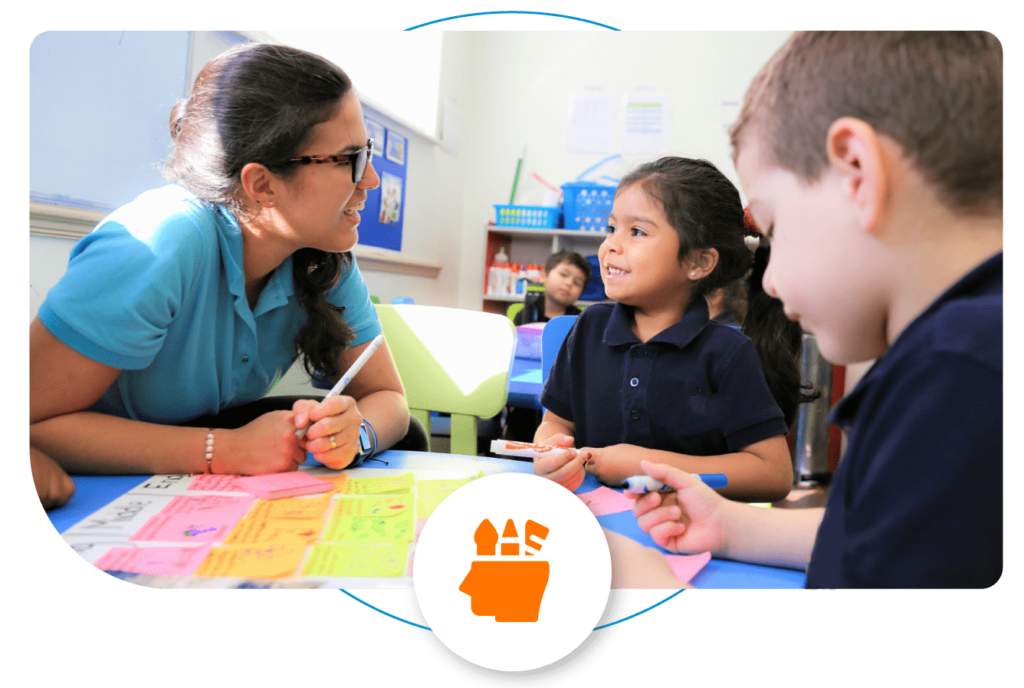
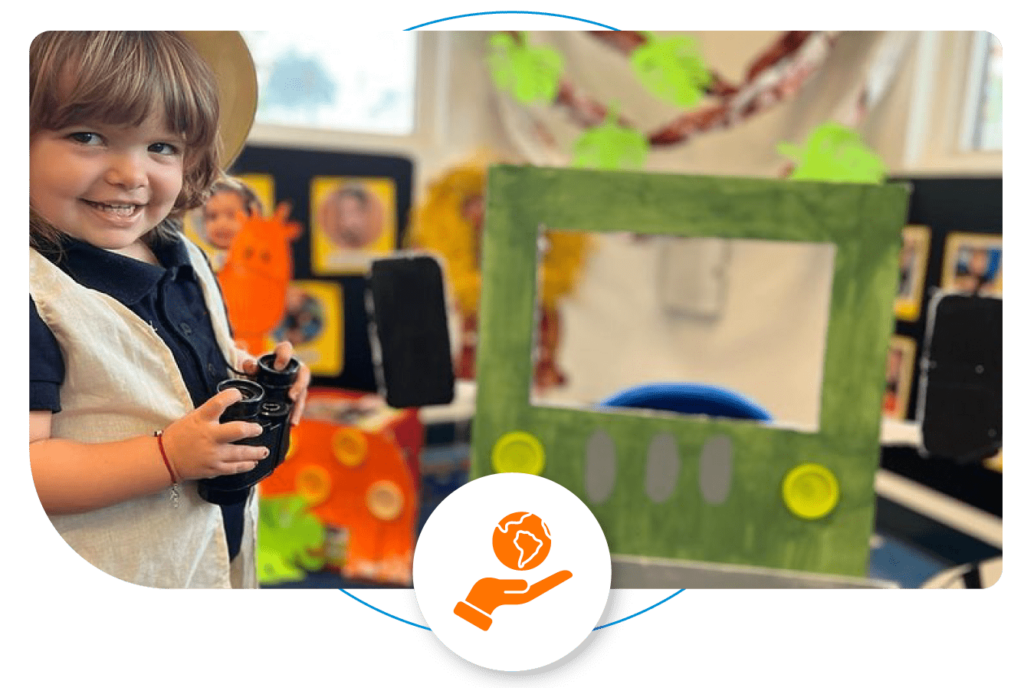
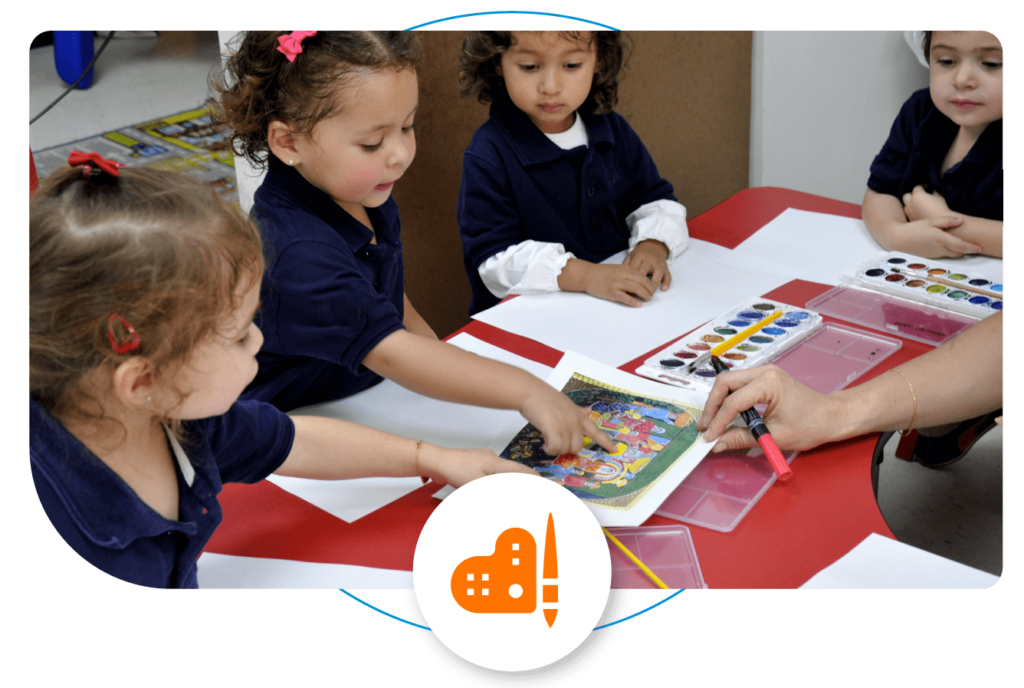
Units of Inquiry are projects strategically designed to foster curiosity and a problem-solving mindset by introducing children to problems that matter to them. These projects invite children to explore, inquire, innovate, plan, and do, while discovering their own thinking. Units connect month to month, promoting that children make connections and extend learning from one project to the next.
Exploring the World brings the world to the classroom by exploring a country or region each month. The goal is to integrate a wide understanding of our world in which diversity and multiculturalism are the main components. The “Exploring the World” module supports a vision of the world based on empathy, awareness, and respect for diversity.
Exploring the Arts explores artists and artistic movements, as well as the history, techniques, and stories behind them.

Units of Inquiry are projects strategically designed to foster curiosity and a problem-solving mindset by introducing children to problems that matter to them. These projects invite children to explore, inquire, innovate, plan, and do, while discovering their own thinking. Units connect month to month, promoting that children make connections and extend learning from one project to the next.

Exploring the World brings the world to the classroom by exploring a country or region each month. The goal is to integrate a wide understanding of our world in which diversity and multiculturalism are the main components. The “Exploring the World” module supports a vision of the world based on empathy, awareness, and respect for diversity.

Exploring the Arts explores artists and artistic movements, as well as the history, techniques, and stories behind them.
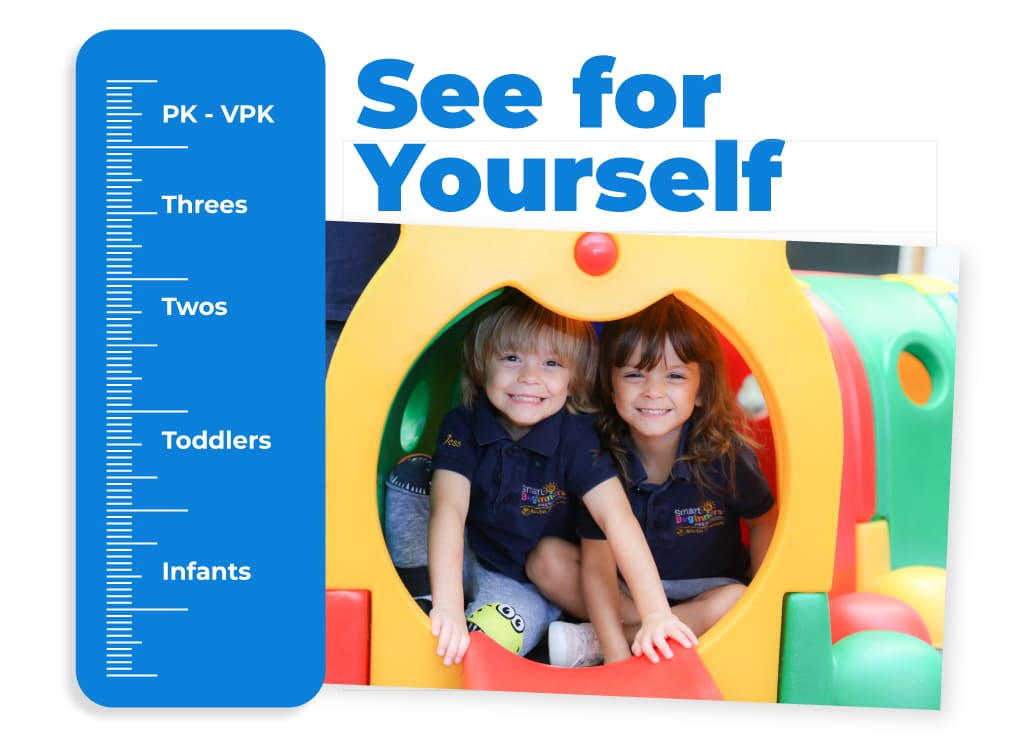
See for yourself
Call or email us to schedule a tour in one of our sister schools and experience our VESS physical environment, meet our School Director and see the VESS Model in action.
